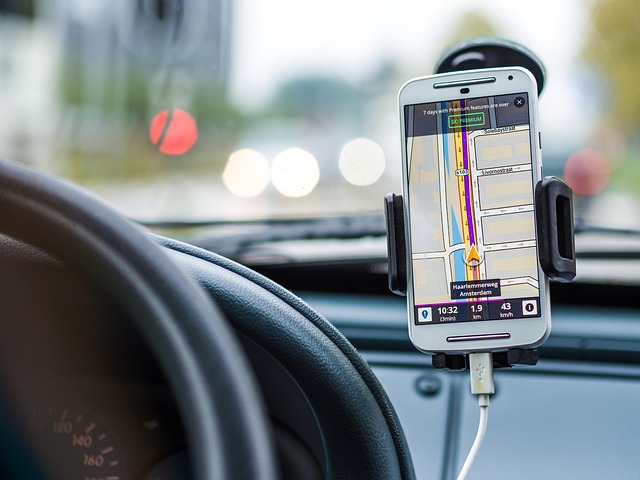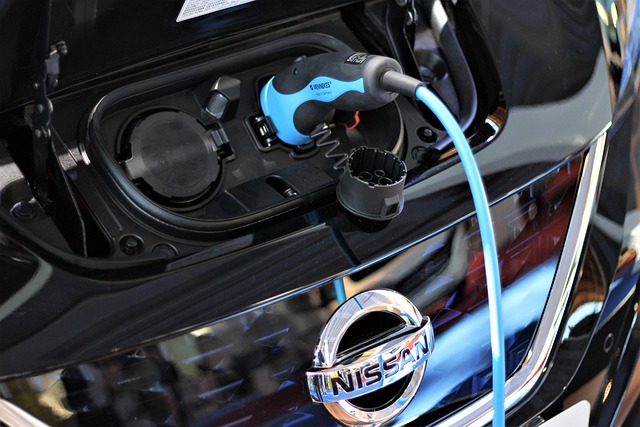The world is at a pivotal moment in the fight against climate change, and every small effort counts. As urban areas continue to grow and population density rises, the need for innovative solutions to transportation challenges becomes more pressing than ever. Among the most promising advancements in sustainable mobility is the rise of the car-sharing application. This ingenious concept not only promotes convenience but also serves as a vital tool in reducing our ecological footprint.
At its core, sustainable development emphasizes the need for solutions that fulfill present needs without compromising the ability of future generations to meet their own. Traditional car ownership often leads to a cycle of overconsumption and waste, with vehicles sitting idle for most of the day. On the other hand, a car-sharing application encourages a culture of sharing and cooperation, allowing multiple users to access a vehicle when necessary while keeping the overall number of cars on the road to a minimum.
By opting for a car-sharing service, users are actively participating in a more sustainable transportation model. Fewer vehicles lead to reduced emissions, less congestion, and lower demand for parking spaces—all critical factors in making urban areas cleaner and more livable. Moreover, many car-sharing companies are increasingly investing in green technologies, using electric or hybrid vehicles that further contribute to carbon neutrality. Such choices are essential as we strive towards a greener future.
Engaging with a car-sharing application not only benefits your immediate environment but also aligns with personal sustainability goals. When you choose to share a vehicle instead of owning one, you’re likely to think more critically about your transportation habits. This mindfulness can inspire individuals to walk, bike, or use public transport more frequently, fostering an overall cultural shift toward eco-friendly practices.
Furthermore, the data collected by car-sharing platforms can drive more informed decisions about urban planning and public transportation infrastructure. Insights derived from user behavior can guide cities in creating more sustainable transit solutions that consider the needs of the population and the environment.
As we pivot toward a sustainable future, embracing technology meant for the greater good is paramount. With every ride shared through a car-sharing application, individuals not only contribute to their communities but also take significant steps to minimize their ecological imprint on the planet. Together, we can drive sustainabilty and create a lasting impact for generations to come.




